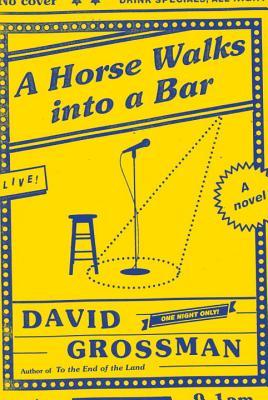One night, shortly after making love, Christine Benvenuto's husband of over twenty years, the father of her three children, confessed to her that he wasn't the man she thought he was. In fact, he wasn't a man at all. He was, and always had been, a woman trapped in a man's body, and he was done pretending. Over the course of the next few years, she watched helplessly as he sacrificed his relationships with her and their children on the altar of a jealous god called Who I Really Am.
Sex Changes is, above all, an opportunity for Benvenuto to tell her side of the story, what her husband's choices cost her and their children, a side of the story which it is not socially acceptable to tell - or, for that matter, to hear.




